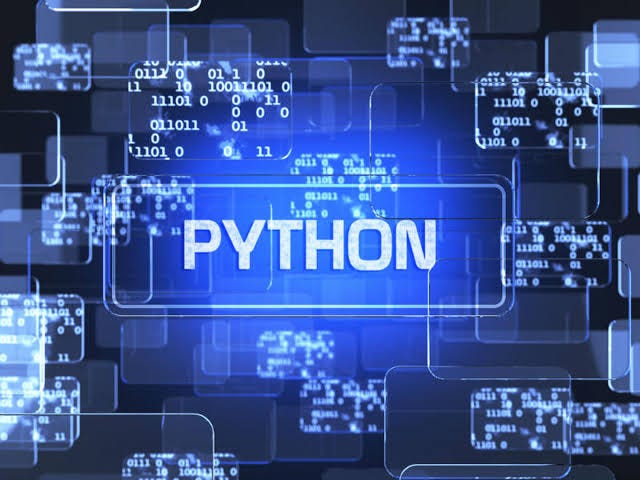Beginner Tips for Learning Python for Data Science

It is interesting to know that python was not designed specifically for Data Science, but over the years, it has grown to be one of the most powerful programming languages for Data Science. A lot of people who learn python in recent times do so for the purpose of going into Data Science. It might be overwhelming to learn everything in python, basically because of the fact that python was built so widely for different purposes. Selecting areas to study might be confusing as well, however, there are major areas and concepts that would be enough to get one started on a Data Science journey with python. Some of these major areas are listed below:
1. Basic python operations such as Arithmetic operations, Boolean operations, Variables, and knowing how to manipulate integers and floats as well as strings.
2. List and dictionaries in my opinion are vital parts to study for Data Science. The datasets used in Data Science are mostly dealt with as arrays and Data Frames.
3. Conditional statements such as for loop, while loop, if-else-elif statements are the solutions to easily and quickly deal with large datasets. Imaging performing a repetitive set of operation for thousands of rows when so many actions can be done with just a few lines of conditional statements.
4. Functions and classes help your code become more compact and organised. One can instead use (call) a function instead of re-writing a block of code in several places.
5. Dates and Time are special areas of python to be mastered because of some datasets whose major highlight is time (period). Time brings a lot of insights to datasets hence learning how to manipulate dates and time will make data analysis easier.
6. Data Libraries are a lot in python. Over the years, modules have been created to make Data Science processes easier. The major libraries to focus on would include Numpy (Numerical python for array manipulation), Pandas (Panel Data for Data Frames manipulation and analysis), Sci-kit learn (Science Kit Learn for machine learning processes), and Matplotlib (for visualization).
These areas mentioned all seem like the basics and it may be tempting to skip practicing regularly once the concepts are understood, but it is important to practice these areas as often as possible so that one can really focus on what is truly important; Extracting knowledge and insights from Datasets!